The Nigeria Labour Congress (NLC) called on its members and the public to embark on demonstrations and strike actions to protest the increase in price of petrol and electricity tariff from Monday 28 September. I call on NLC to call off the actions as this is not the time for protests but a time to come together in solidarity and support the government to prevent a health catastrophe and an economic meltdown.
Nigeria is facing two severe challenges: Covid – 19 and collapse of oil price and crude oil production. So far, due to diligence of governments at all levels and compliance with health protocols by most Nigerians, the pandemic appears to be under control and the human toll has been low compared to most countries. However, mass gatherings could undermine the efforts and could lead to avoidable deaths and overburdening of the health system. The protests in the US at the peak of the pandemic and mass movements of people in India when the pandemic was taking hold, appear to have contributed to the increase in infections in these two worst affected countries. Nigeria must do all it can to avoid a second wave of the pandemic. I am very sure NLC does not want the death of Nigerians on its hand, which is almost inevitable if, due to mass gatherings, Covid-19 reappears with a vengeance.
However, the economic fallout is going to be significant, painful and will unfortunately last longer. Governments at all levels were already fiscally challenged even before the pandemic. Consequently, the pandemic made the already weak situation worst. A careful review of Federation Account Allocation Committee (FAAC) distributions from 2013 to 2020 will reveal the extent of the fiscal challenge especially when the dollar values are considered. In 2013, all three tiers of government shared a total of N8.52 trillion, equivalent to $54.7 billion. Meanwhile, in 2019, that is six years later, the three tiers of government shared N7.05 trillion, equivalent to $21.62 billion. Meaning, in dollar terms, the three tiers of government received in 2019 only 40% of what they received in 2013. Indeed, 2016 and 2017 were even worse. How many people can comfortably survive a 40% reduction to their pay? Very few. This is precisely the challenge all tiers of government have been facing in the last six years: a tight fiscal space with no respite in sight.
Meanwhile, the Federal Government still managed to spend over N1 trillion keeping the electricity sector afloat in the last four years by bridging the gap between remittances by distribution companies (DisCos) and invoices for electricity generated by generating companies. Without the support of the Federal Government the sector would have collapsed. Let’s be honest, should the Federal Government really be subsidising electricity? The benefit of electricity subsidy disproportionately favours the rich more than the poor even more than petrol subsidy. The rich consume more electricity and live in areas where the DisCos supply the most electricity. So, electricity subsidy is one policy Labour ought to oppose and not support.
Advertisement
Importantly, the electricity sector has since been privatised but because tariffs were allowed to remain flat for many years, contrary to the contract signed with DisCos and GenCos, investments in the sector have stalled. Take for example the simple issue of meters, which has now become unbelievably and needlessly complicated because the sector has refused to make the investments required to ensure all consumers are metered. Leaving Nigerians frustrated with arbitrary bills and poor electricity supply, which undermines Nigerian manufacturers by reducing the competitiveness of their goods against foreign imports. Surely, NLC will prefer a strong manufacturing sector rather than a weak one. However, as long as electricity is not sorted out, made in Nigeria goods will continue to struggle to compete with foreign goods. The electricity sector can only be sorted out by a cost reflective tariff, that also allows a modest return on investment.
PPPRA recently informed the public that the government spent N8.94 trillion between 2006 and 2015 on petrol subsidy. That is a staggering $57.5 billion dollars, using the exchange rates prevailing during those years. This does not include NNPC under recovery between 2017 and 2019, which will add at least another $4.5 billion, rounding the figure to $62 billion. I suspect most Nigerians have not realised the quantum of the subsidy. To put it in context the following projects: Lagos to Kano rail; Lagos to Ibadan road; Second Niger Bridge and Abuja to Kano road will only collectively cost about $9 billion. Therefore, imagine what $62 billion can do. It can pay down the entire national external debt stock of $31.5 billion and still leave $30.5 billion to spend on other more important public infrastructure.
One usual response from Labour is that if cost of governance is reduced, then perhaps, government can afford subsidy. Yes, if cost of governance means salaries of civil servants, then retrenching some will release funds to enable subsidy to continue. For example, in 2021, the Federal Government is forecast to spend N3.6 trillion on salaries and pensions of civil servants in MDA’s as provided in the 2021 to 2023 Medium Term Expenditure Framework submitted to the National Assembly in July. However, I suspect this is not what Labour is concerned with. Labour likely considers cost of political office holders as what should be reduced. Contrary to what Nigerians think, the political executive branch of government as represented by the Office of the Secretary to the Government of the Federation and State House, was allocated N134.41 billion in the revised 2020 budget. This is about 1.3% of the revised 2020 budget (excluding Government – owned enterprises). Salaries and pensions of civil servants, on the other hand, will consume an estimated 33.7% of the 2020 revised budget. Consequently, reducing executive pay and reducing National Assembly budget (N128 billion) by even 50% will not fund 15% of the average annual subsidy incurred between 2006 and 2015.
Advertisement
Choice is a fact of life, as no country on earth has the resources to do all the projects and give its citizens all what they desire. Consequently, one of the key functions of leadership is to make choices on behalf of the citizens and prioritize how resources are allocated. The challenge associated with subsidy on consumption goods, such as petrol, is that because they are not pure public goods, expenditure on them reduces the capacity of the government to provide the pure public goods only it can provide. Importantly, pure public goods have a far greater impact on growth and economic development for a developing country. This is because without adequate provision of pure public goods such as security, macroeconomic stability, good network of roads and rail lines and quality basic education, individuals and companies are far less productive. The cycle of poor provision of pure public goods and economic stagnation is thus perpetuated, as the government simply does not have the funds to provide these vital goods for which it is solely capable of providing because it has decided to subsidise consumption goods.
Unfortunately, from the foregoing, Nigeria is facing difficult choices. Either government uses its resources to pay salaries, pay interest obligations and make required investments in pure pubic goods to get the economy going or it continues to subsidise consumption as demanded by Labour. If government decides to continue to subside consumption, then it will be left with little choice but to borrow to pay interest and perhaps retrench some workers in order to reduce its salary burden. These actions will ultimately lead the country into a debt trap, cause many years of low economic growth and lead to drop in per capita income on account of population growth outpacing economic growth, meaning Nigerians will become poorer and more miserable.
Therefore, I appeal to NLC to engage its own independent economists and accountants to review the Federal and State Governments fiscal situation in order to confirm the fiscal health of the various tiers of government and whether government can afford to continue to subside petrol and electricity. All the information they need is available on the websites of National Bureau of Statistics, Budget Office of the Federation and BudgIT (an independent watchdog). I am confident they will conclude that government can no longer afford to subsidise petrol and electricity and consequently will lend their support to government in this extremely fiscally challenging time.
To conclude, Nigerians deserve to know the facts. Then, they can decide whether the $62 billion government spent between 2006 and 2019 on petrol subsidy is worth the bad roads, poor ports, epileptic electricity supply, non-existent national rail, weak manufacturing sector, weak economic growth and above all high unemployment and low quality of life. And, accordingly, demand that petrol and electricity subsidy should continue and happily enjoy the consequences of their choice.
Advertisement
Ado is the Founder of Sana’a da Ilmi Foundation, a non-profit dedicated to improving the quality of public education.
Views expressed by contributors are strictly personal and not of TheCable.
1 comments
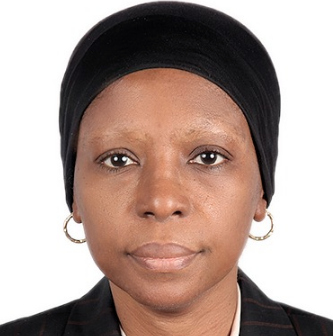
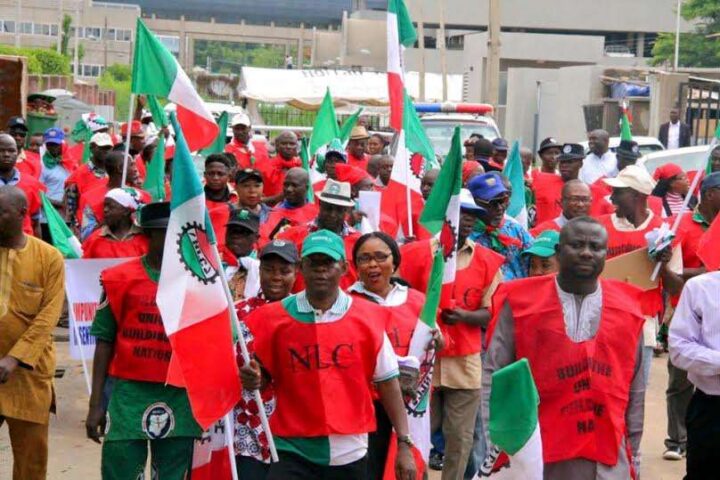
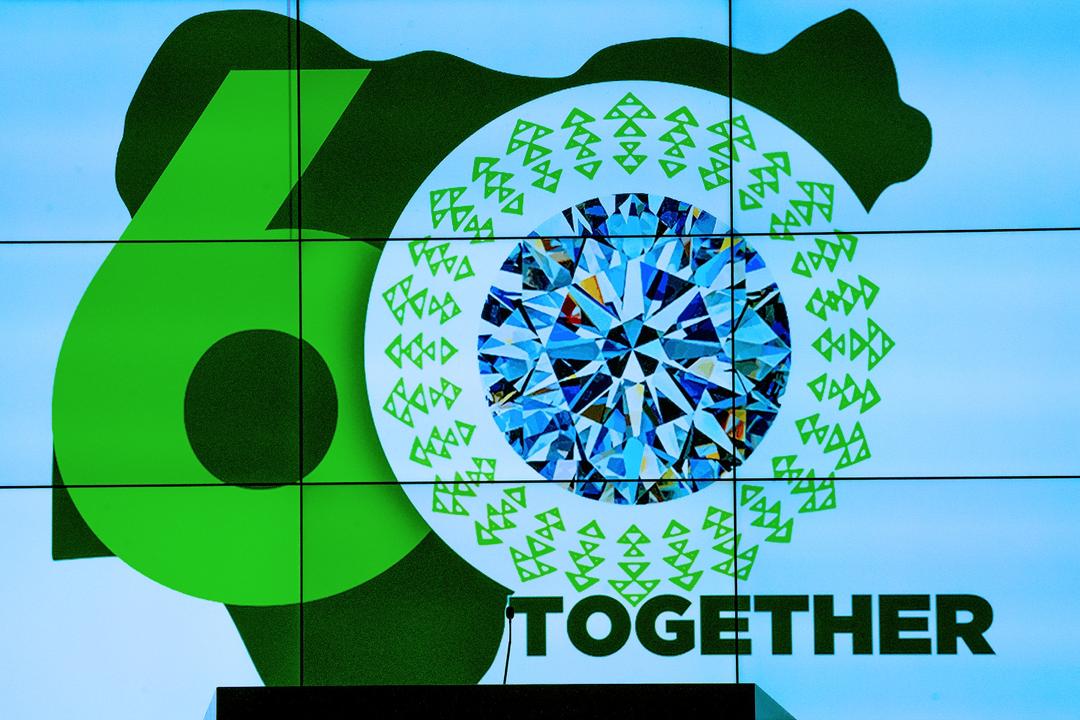


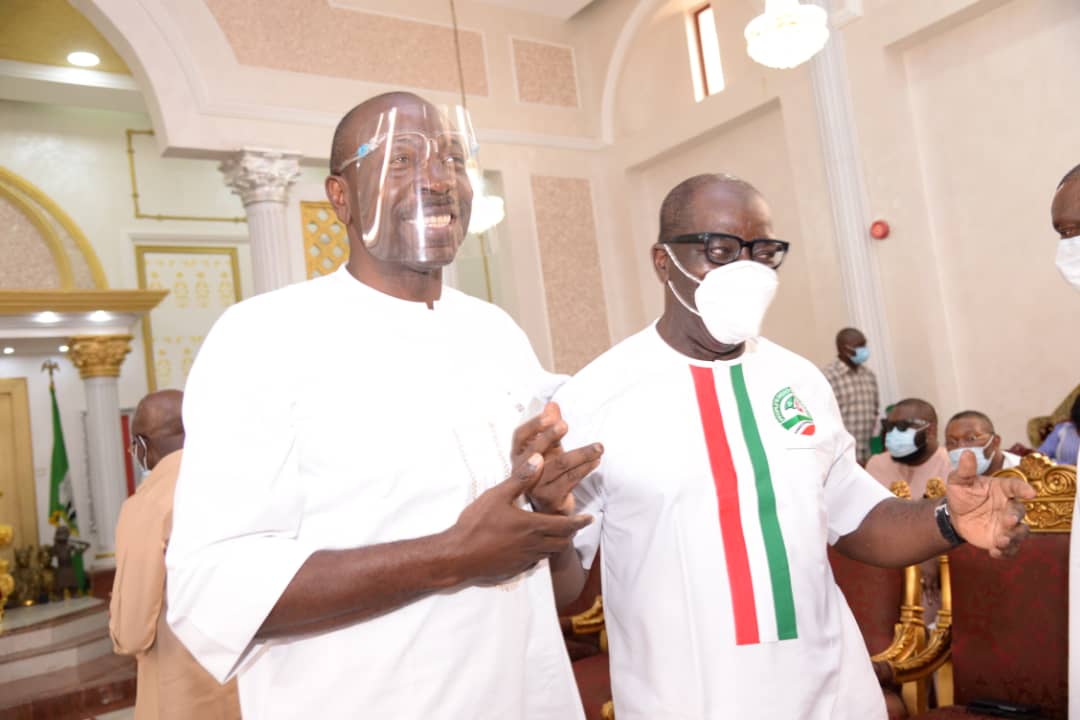
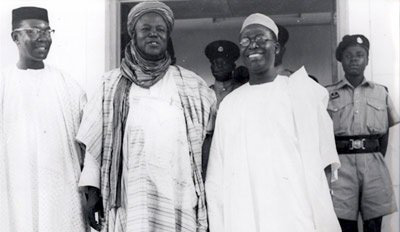
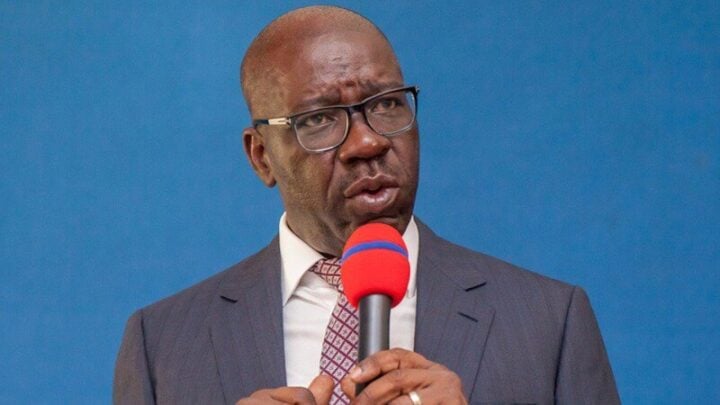
Good insight; however, it is not lack of public power supply that is hindering local manufacturing. Even if they use firewood they will compete favourably is the quality is good. It is the low quality of locally made products due to little attention to details. The locally made products are already cheaper in the market but their share of the market is low because of low quality. A nice soup is not because of the source of energy used but the cook’s attention to details.
Having said that, NLC ought to be in support to end of subsidies in the Nigerian economy. They should push for 100% of public procurement of made in Nigeria’s goods and services. Doing so will boost employment opportunities for Nigerian youths. Besides, the protest should be about 100% public expenditures for made in Nigeria since government is the largest single spender in the economy.